Summer weather is around the corner which means recreational real estate is on everyone’s mind. If you’re thinking of buying a cottage or country home, make sure you know about these 10 potential issues before you put in an offer.
Published on June 30, 2018, Updated April 18, 2021, Updated May 19, 2022
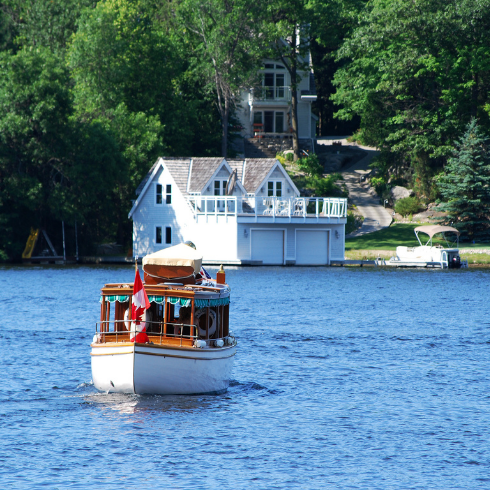
1. Insurance Costs
Because cottages can sit empty for long periods of time, it can result in higher insurance costs (because no one is there to provide upkeep or make timely repairs). There also tend to be higher risks for weather-related issues. For instance, in coastal areas you have a higher risk of hurricanes and flooding. Cottages on islands are harder to get to, which makes them less desirable for insurers. And if you’re using it as a rental, you’ll definitely need to top up your insurance.
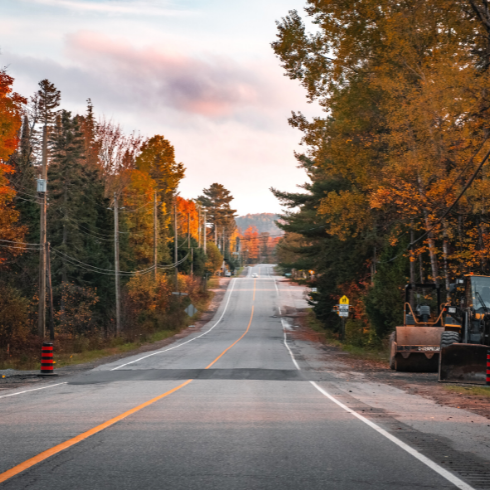
2. Access
One of the great things about cottages is the remote, quiet location away from the hustle and bustle of daily life. But with remote locations comes issues of access. Is there road access to the cottage or can you only get there by boat? What about during the winter? If there is road access, will the roads be cleared of snow? Make sure you have answers to these questions before you buy.
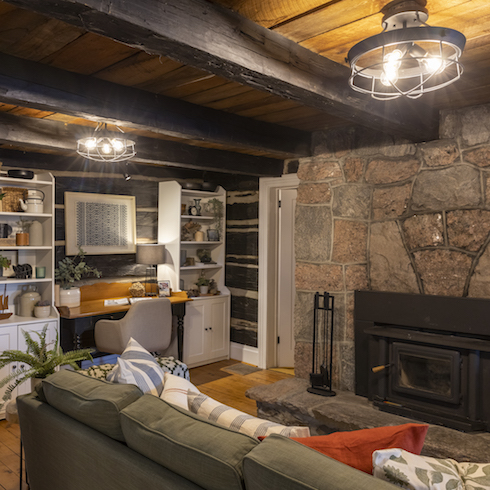
3. Is it Winterized?
Being in Canada, we all know that winter can get mighty cold. Winterizing a cottage can be expensive as you have to think about plumbing, electrical, insulation, and windows, so you want to know what you’re dealing with before you buy. A properly winterized cottage will raise its value, but will also allow you to either use it or rent it all year long. So I would seriously consider investing in an already winterized cottage!
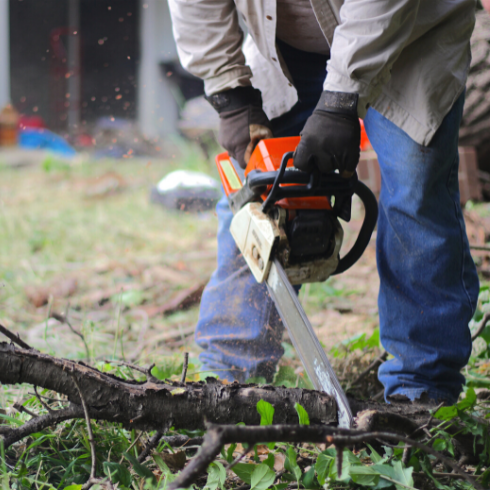
4. General Maintenance Costs
Maintenance on cottages tends to be different than maintenance on full-time residential properties. There are different factors at play, and because you won’t be there 100% of the time, you may need someone to come in and keep up the property (mow the lawn, water the plants, clean up after storms, etc.). Look into what these costs could be before-hand and take them into account before purchasing.
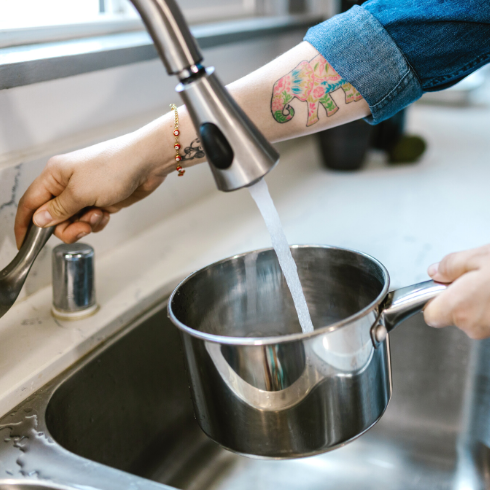
5. Is the Water Drinkable?
Many of us take for granted that the water at our properties is safe to drink. But this isn’t the case with all rural properties. In fact, the potential for water problems and contamination is greater in rural areas. Before you buy, find out what the water situation is. There may be a well, in which case you’ll need to have the water regularly tested. And in some cases you’ll have to bring in your own clean drinking water.
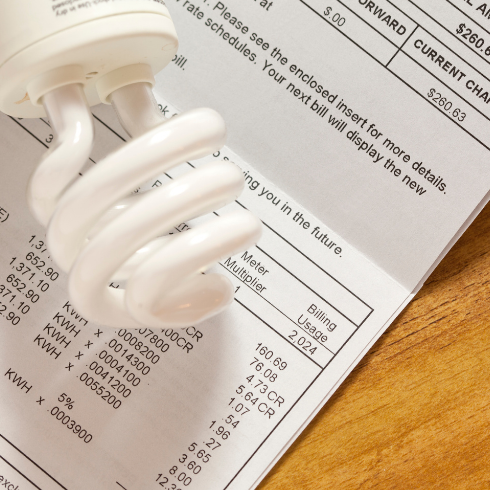
6. Hydro Prices
I hear stories all the time from people who were shocked when they received their first hydro bill for their cottage. Depending on where you are, the delivery fee can be very high. Ask the real estate agent or current homeowners to show you a previous bill, or let you know what the average monthly cost is. It can add a significant number to your monthly expenses, so don’t forget to check.
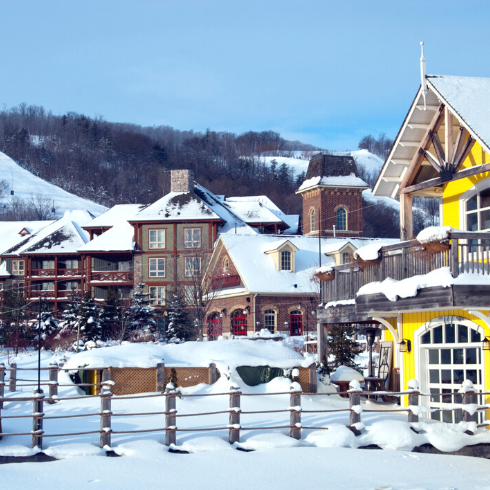
7. Local Amenities and Attractions
If you’re going to be spending a lot of time at the cottage, or if you’re going to be renting it out, you need to know about the local amenities, such as grocery stores, restaurants, the nearest fire hall, hospitals and so on. It’s OK if you’re looking for something isolated, but these things can have an effect on your insurance costs and the likelihood of renting it out. Do a little neighbourhood research to familiarize yourself with the distances to the things you and your guests might need, both for safety purposes and convenience.
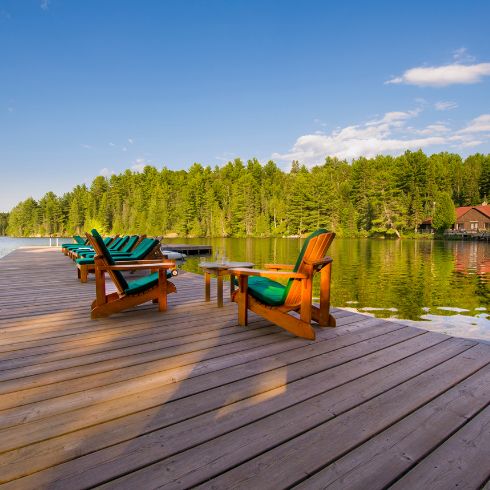
8. Landscape and Environment
What kind of landscape are you looking for? Lakefront? Beachfront? Wilderness? If you’re buying in the summer, don’t forget to think about the winter and vice versa. Also, think about accessibility for those with limited mobility, like older people and those with disabilities. If there are a lot of stairs down to the lake, it will be difficult for some people to access it. Likewise, if there’s a long or strenuous walk from where you park the car to the actual cottage, it will be hard for some people to get to.
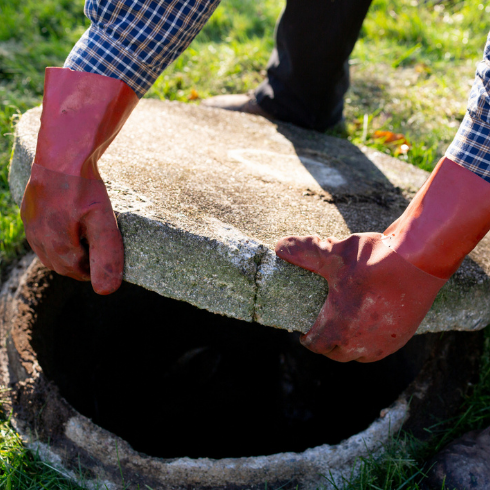
9. How’s the Septic System?
Arguably the least sexy thing about buying a cottage is dealing with the septic system. You’ll want to make sure it’s been adequately maintained and is in good working order. The seller should also provide copies of any inspection or approval reports (and you should arrange for your own inspection). They should also pump out the tank prior to closing.
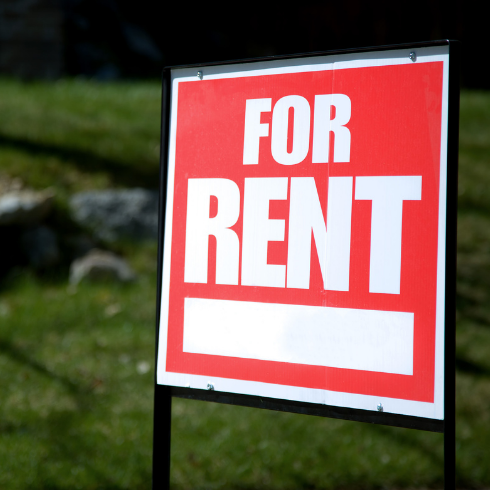
10. Can it Be Rented?
All of the previous recommendations point to how easy or difficult it will be to rent your future cottage out. So before you buy, determine if you’ll be able to rent it and approximately how much you’ll need to ask for in order to meet your financial needs. Renting a vacation property is a great way to have your cake and eat it too, so keep these tips in mind when shopping for properties.
Home Network your inbox.
By clicking "SIGN UP” you agree to receive emails from Home Network and accept Corus' Terms of Use and Corus' Privacy Policy.




